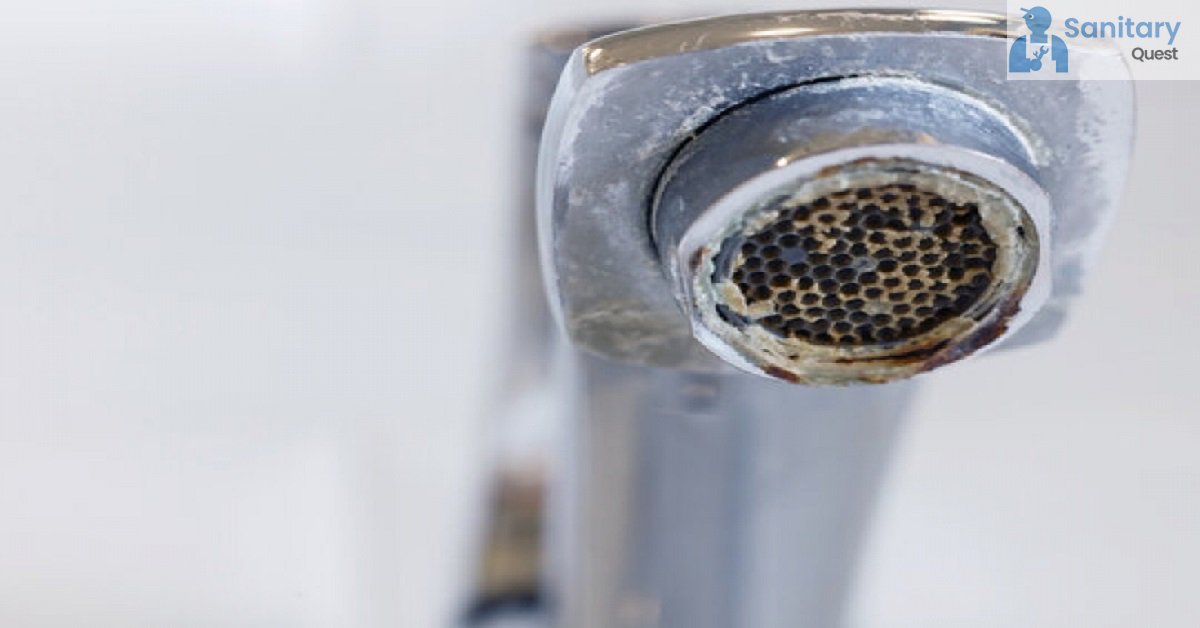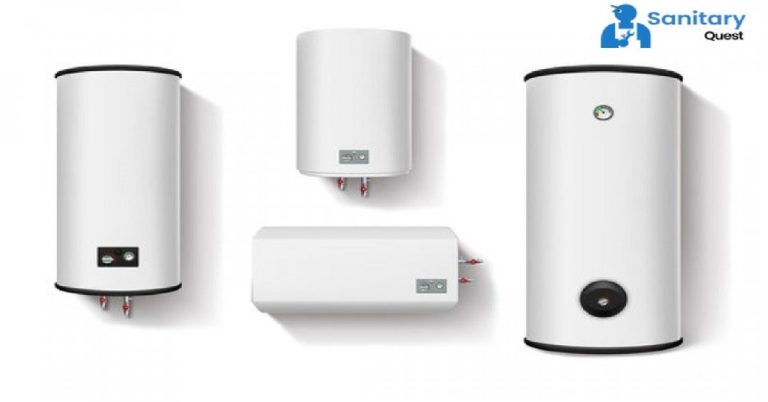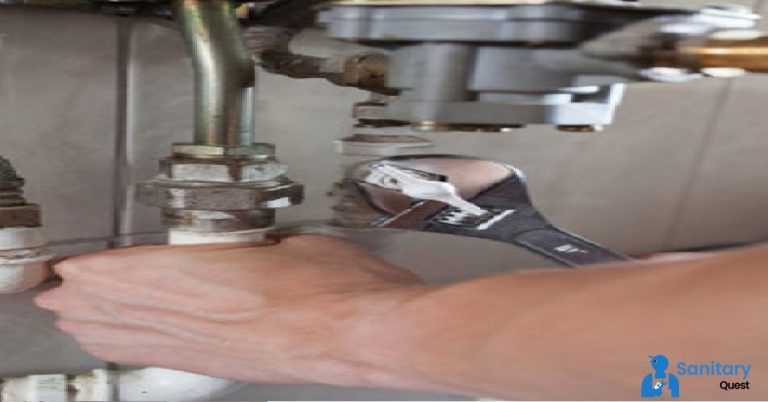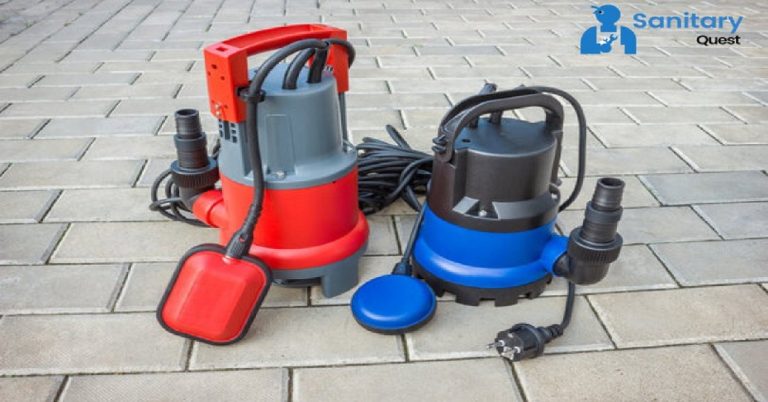How to Tell if You Have Hard Water?
Here’s How to Know.
Some homeowners have been so fortunate that the unfavorable effects of hard water have never been witnessed on their houses since the water in their area is naturally hard. The upper Midwest is one of the areas that is one of regions that is one People who live in areas that have hard water can consider this to be one of the most challenging plumbing difficulties they have ever come across. [There must be other citations for this] [An additional level of power is required] The term “hard water” is used to describe water that has an excessively high mineral content and originates from a public water supply. This type of water is referred to as “hard water.” This problem affects the whole region because traces of the minerals are picked up by the groundwater as it makes its way to the municipal water supply, emerges from the soil, and surges upward through layers of thick limestone. This problem is made worse by a number of additional geological factors, such as the presence of large limestone layers. Because the water from the tap passes through pipes before it reaches the faucet in your home, the water has already frozen before it gets to the faucet.
Signs of Hard Water
Minerals such as calcium, magnesium, iron, and even aluminium can provide water properties that render it unfit for drinking, inefficient for washing, and damaging to the plumbing in a home.
If you suspect you might have hard water, be on the lookout for these telltale signs:
- Spotty dishes: Removing residue left behind by soap and detergent is difficult with hard water. The amount of hardness in the water you use to rinse your dishes will affect how thoroughly they are cleaned, regardless of whether you do it by hand or in a dishwasher. Dishes rinsed with hard water generally reveal chalky streaks and stains, which are traces of soap left behind. Hard water may be distinguished from soft water by its higher mineral content.
- Soap scum: It will adhere to your bathtub and tile, as well as your shower curtain, in the same way, that soap adheres to dishes. Even in showers with soft water, soap scum can build up over time, but the rate at which this happens is significantly sped up by water.
- Laundry problems: Even washing the laundry detergent out of your clothes might be tough if you have hard water, which can prematurely deteriorate bright colors and make it more difficult to get rid of detergent residue. Fabrics washed in harsh water typically have a feeling that can be scratchy or stiff.
- Troublesome showers: If all those problems with rinsing weren’t enough, the fact that you won’t even be able to have a decent shower because of the hard water would be the final straw. It is difficult to build a lather because of the mineral deposits, and removing the foam from the product after it has been worked up is difficult.
- Dry skin: People who shower in homes that have problems with water frequently discover that their skin gets dry and flaky due to the soapy film left behind in the shower by hard water. This is because hard water leaves a residue that soap cannot remove.
- Funny taste: Some minerals are found in hard water that have some positive effects on one’s health, but the flavor of the water is in no way improved by these minerals in any manner at all. In the vast majority of instances, the taste or scent of water will be described as metallic, sulfuric, or sour.
Appliance damage: Hard water contains minerals that have been shown to have some positive effects on one’s health; however, these minerals do not in any way improve the flavor of the water in any way at. This is even though there are minerals in hard water that have been shown to benefit one’s health. In the vast majority of instances, the flavor or perfume of water will be described as metallic, sulfuric, or sour.
FAQs
Q1: How can you tell if your water is hard or soft?
You can tell if your water is hard or soft by:
- Soap Test: Hard water makes soap hard to lather, while soft water makes lots of bubbles.
- Spots and Stains: Hard water leaves white marks on taps and dishes.
- Feel on Skin and Hair: Soft water feels nicer on your skin and hair compared to hard water.
Q2: How can I determine the hardness of my water?
That’s a great way to figure out the hardness of your water:
- Test Strips: These can show the mineral levels in your water.
- Lab Testing: Some labs can test your water to find out its hardness.
- Water Provider: They might have info on how hard the water is in your area.
Q3: How do I know if I have hard water in my hair?
You might have hard water in your hair if it feels dry, looks dull, or becomes tangled easily. Hard water can leave a residue, affecting the texture and appearance of your hair, and making it seem rough or flat. If you’re noticing these changes, it’s possible that hard water is the cause.
Q4: What are the signs of hard water on the body?
Signs of hard water on the body include skin feeling dry, itchy, or having a filmy sensation after washing. Additionally, you might notice soap and shampoo being less effective, leaving behind a residue. These effects can indicate the presence of hard water, causing issues with cleaning and potentially leading to skin irritation.







